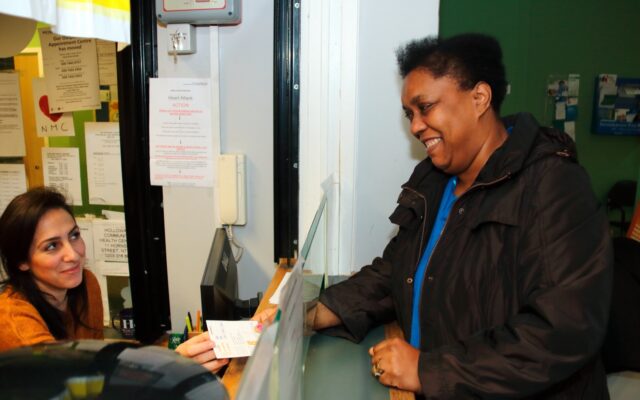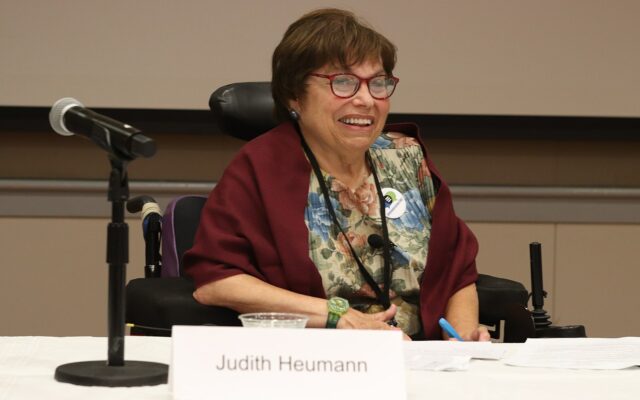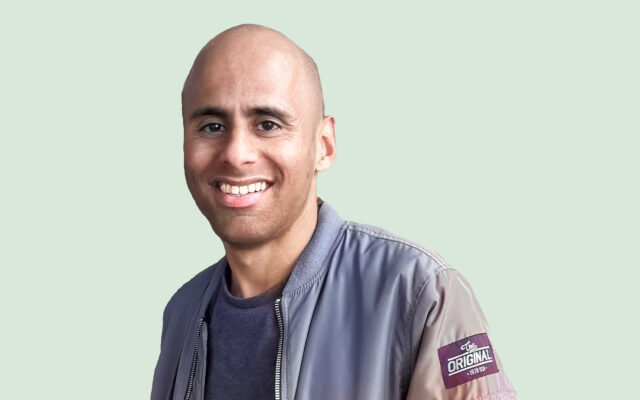Covid-19 limits on liberty give a taste of institutional life
People with learning disabilities and their allies have been engaged for some years now in a serious struggle to bring an end to inhumane treatment and long-term incarceration in Assessment and Treatment units. The long-standing pattern of abuse, scandal, ruined lives and inhumanity that continually taints these institutions – whether run by private organisations, charities or the NHS – is only too well known to readers of this magazine.
In our current issue of Community living magazine we report on two positive developments after years of failure by government to bring this scandal to an end. In our interview (Hollins Interview) with Baroness Sheila Hollins regarded by many as the most reliable and effective ally of people with learning disabilities in the UK, she talks about her appointment to lead a review of the most serious long-term cases. This has already resulted in independent chairs to improve the review process and pressure on commissioners to ensure that reviews are followed by action.
The new #right2home movement (Right to a real home) shows how a coalition of campaigners, led by self-advocates, are putting serious pressure on government and the NHS to end long term detention and to introduce peer-advocacy, improved safeguarding training and self-advocacy to put the brakes on the shameful litany of abuse.
Two struggles
Another enormous struggle has now opened up as Covid-19 dominates our lives. This carries a lethal threat to all, but a particular threat to people with learning disabilities.
There are risks related not only to the disease but also to equitable treatment in hospitals, prioritisation of social care against competing demands on public funds, and the effects of enforced social isolation and breakdown of some forms of community support. Our features on connecting under lockdown (Closer while distanced) and lockdown story telling (Personal stories must be heard) are just two of many great examples of how people are rising magnificently to these challenges, but the threats remain daunting.
It seems we are having to engage simultaneously in two serious battles, facing in two directions. Yet perhaps the two are more closely related than we may realise – consequences of the pandemic may help the public to understand the enormity of the assessment and treatment scandal.
Everyone, since March, has had to endure unpleasant restrictions on their lives. We have had to separate from family and friends, deny our basic human instinct to engage in close physical contact with those close to us, remain in unwanted confinement, and deny ourselves the social and leisure activities that enrich our lives.
For most people, in an open democratic society, these are taken as fundamental rights, and it is a shock to lose them, even for a time-limited period. For a significant section of the learning-disabled community, these are very familiar and lifelong deprivations.
We need to get the message across to both government and the public that the restrictions we all face currently should not be the permanent default position in some people’s lives. We have all taken a hit on our rights to protect each other in the face of a lethal threat. But we must all now understand that no one should be expected to live their whole lives with their rights ignored or trampled upon, simply because they were born with a learning disability.
People make things possible
In this issue (Potential into reality) Saba Salman writes about her excellent new anthology ‘Made Possible’, in which people with learning disabilities who have achieved distinction in sport, politics, music, acting, campaigning and other fields talk about their lives. (Stepping into the LIght).
As a further demonstration of the power of people with learning disabilities to achieve, we have an interview with the actor Tommy Jessop about his latest film (A Killer Role).
As Salman says, it is important to remember that it is not all about such grand achievements, awesome as they are. For many it is simply about living your own lives, in your own way, and overcoming the barriers that are so often put in the way.
We must all remember this – whenever we see what a person with a learning disability has made possible, they will have had to work twice as hard as anyone else to get to where they are, and show a resilience and determination way beyond most people.





